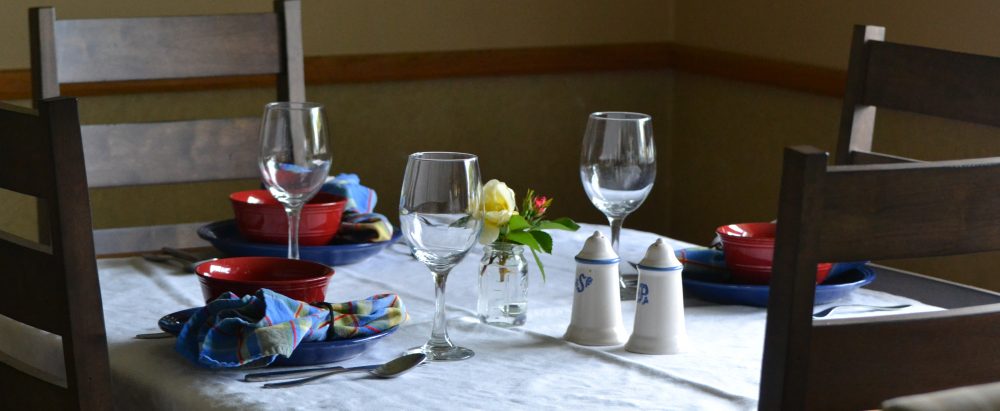
What Luke Rowan, the main man in this novel, cares about is brewing good beer. He inherits a portion of the brewery of Messrs. Bungall and Tappitt, gentlemen who consistently made muddy, disagreeable beer. Naturally Mr. Tappitt objects to an upstart nephew suggesting ways to improve his beer. To Tappitt, beer is business; Luke thinks there is a great deal of poetry in brewing beer.
He is “a young man, by no means of the bad sort, meaning to do well, with high hopes in life, one who had never wronged a woman, or been untrue to a friend, full of energy and hope and pride. But he was conceited, prone to sarcasm, sometimes cynical, and perhaps sometimes affected.” Perhaps the greatest compliment is that Luke “had the gift of making himself at home with people.”
In the character of Dorothea Prime, Rachel’s widowed sister, Trollope takes aim at pharisaic pietism. “Her fault was this: that she had taught herself to believe that cheerfulness was a sin…”
Thus two views of marriage and courtship are at opposition. Trollope poses “that great question,–What line of moral conduct might best befit a devout Christian?”
I loved the storyline but I adored the writing. Phrases like “elated with dismal joy” and “she knew her mother must be appeased and her sister opposed” and “burial service over past unkindness” delighted me.
If you are so inclined, click on the link in the first sentence of this post, then click Look Inside the Book, First Pages. Read the first paragraph and tell me it’s not brilliant.
Rachel Ray. Written in 1863; my favorite book of 2009.

It sounds delightful, Carol. I need to read me some Trollope, to slow down and savor.
@SemicolonSherry – I guarantee you will love this book, Sherry.
And another good recommendation…I can always count on you, Carol! Putting on my list of “to reads” and perhaps to give, I’m thinking about a special daughter-in-law who would like this book as well.
Just had to comment on the title of the book…..love it! ‘cept I’d change the spelling of *Ray* to *Rae* and bless a girl with this beautiful name. It rivals Georgia Rae, right Okay, here’s the test: to whom would you give this book as a gift?
Because of you I’m still happily “bogged down” in Wendell Berry. Nevertheless, I can’t help but be jealous that you are reading a Trollope book that I haven’t read. It sounds wonderful!
@hiddenart – I agree about the name. And, that’s a very good question!
Wow…favorite book of 2009? I’ve got to check out. And, I confess, I have never heard of Trollopes.
@hiddenart – @BooksForMe – I would give this book to *any* of my friends who love Jane Austen. If I thought the beer/brewery part would offend my friend, I would either forewarn or choose another Trollope book for a gift. PS – Anthony Trollope is a delightful author. The Warden is a good book to begin reading Trollope.
I haven’t read this one yet, but now I’m really looking forward to it!
Sold to the girl in Placerville. Adding to the autumn list, and I hope to have it done by the time I see you so we can sing quotes back and forth across a table laden with good food.DI
@magistramater – I was just going to ask! I’ve never read any Trollope, and it’s high time I did. I was wondering where to start. I was thinking Barchester Towers, but you think The Warden, eh?
i love the way you excite me about books.